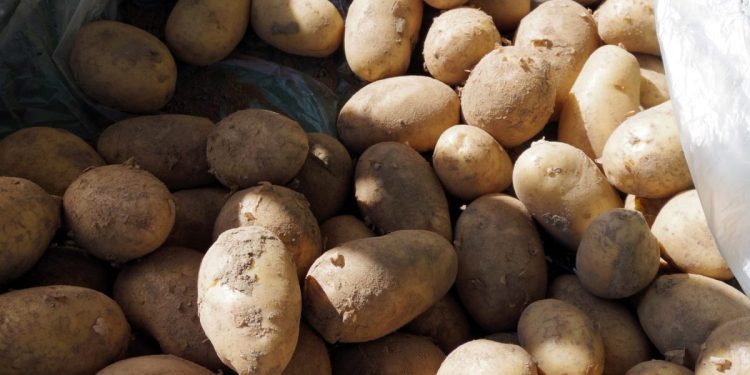Egypt’s decision to allow its currency to freely fluctuate on March 6, 2024, has sent shockwaves through global markets, particularly impacting the potato trade. With the Egyptian pound losing over 61% of its value against the US dollar in just one day, the country’s potato exports, already significant on the world stage, have become even more appealing to European Union (EU) countries facing shortages and skyrocketing prices.
Egypt, ranking among the top five global potato exporters, traditionally supplies potatoes to a wide array of nations, including Russia, the EU, the UAE, Lebanon, Iraq, Kuwait, and Syria. Despite geopolitical challenges, such as the ongoing Red Sea crisis fueled by Houthi activities, Egyptian potatoes remain sought after, with even distant markets like Indonesia showing interest.
The timing of Egypt’s currency devaluation couldn’t be more opportune for the EU, where potato prices have been soaring. As Europe grapples with a shortage in supply, exacerbated by various factors including adverse weather conditions and logistical challenges, Egyptian potatoes offer a lifeline. The sudden devaluation has allowed for some relief in the tense potato market, preventing further price hikes in the short term.
This convergence of events highlights the interconnectedness of global markets and the resilience of the potato trade in the face of adversity. While geopolitical tensions persist, opportunities emerge for exporters like Egypt to fill gaps in supply chains and stabilize prices in key markets. As EU countries look to diversify their sources of potatoes, Egypt stands poised to play a pivotal role, leveraging its competitive advantage and strategic position in the international potato trade.







